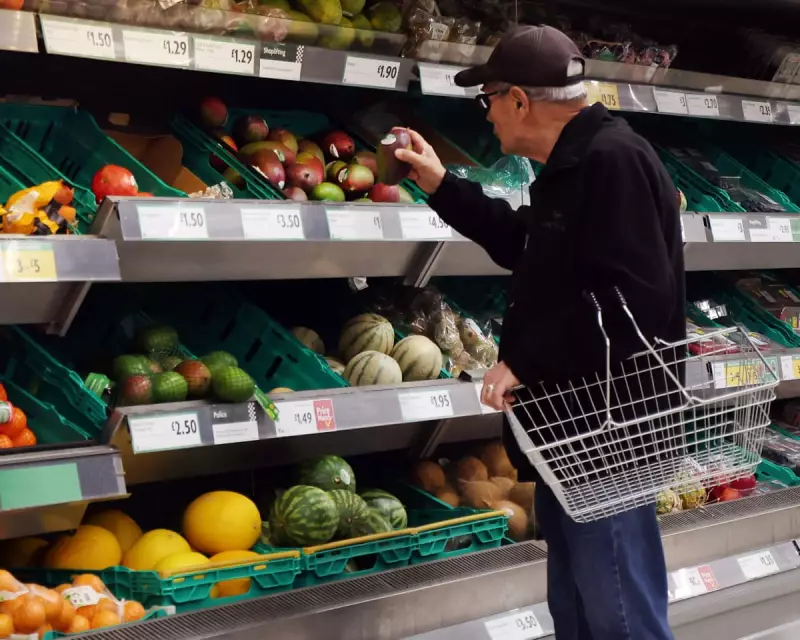
Britain's kitchen tables are feeling the pinch as food prices continue their relentless climb, forcing families across the nation to make difficult choices about what they eat and how they shop.
The ongoing cost of living crisis has transformed weekly grocery runs into strategic operations, with shoppers employing increasingly creative tactics to stretch their budgets.
The Real Impact on British Households
Across the UK, consumers report swapping fresh produce for frozen alternatives, abandoning brand loyalties for value ranges, and significantly reducing meat and fish purchases. Many describe calculating the cost per meal with precision previously reserved for monthly budgets.
"I now plan every meal around what's reduced," explains Sarah from Manchester. "I visit three different supermarkets to get the best deals - something I never would have done before."
Supermarket Strategies Shift
Retailers have noticed fundamental changes in shopping behaviour. The demand for value-range products has skyrocketed, while premium items often remain on shelves. Many shoppers now prioritize long-lasting staples over fresh perishables.
Discount supermarkets have reported increased footfall from middle-income families who previously shopped primarily at mainstream chains. The phrase "downshifting" has entered the retail lexicon to describe this trading-down phenomenon.
Nutritional Concerns Emerge
Health professionals express concern about the nutritional impact of rising food costs. Fresh fruit and vegetable consumption has declined in lower-income households, while processed, calorie-dense foods have become more prevalent due to their lower cost and longer shelf life.
Food banks report unprecedented demand, with many serving working families who cannot make ends meet despite stable employment.
When Will It End?
Economists point to multiple factors driving food inflation, including climate-related crop failures, increased transportation costs, and ongoing supply chain disruptions. While some predict moderation in price rises later this year, most agree that pre-crisis food affordability is unlikely to return soon.
For millions of Britons, the new reality means permanent changes to how they shop, cook, and eat - with the weekly grocery bill remaining one of the most pressing concerns in household budgets.




